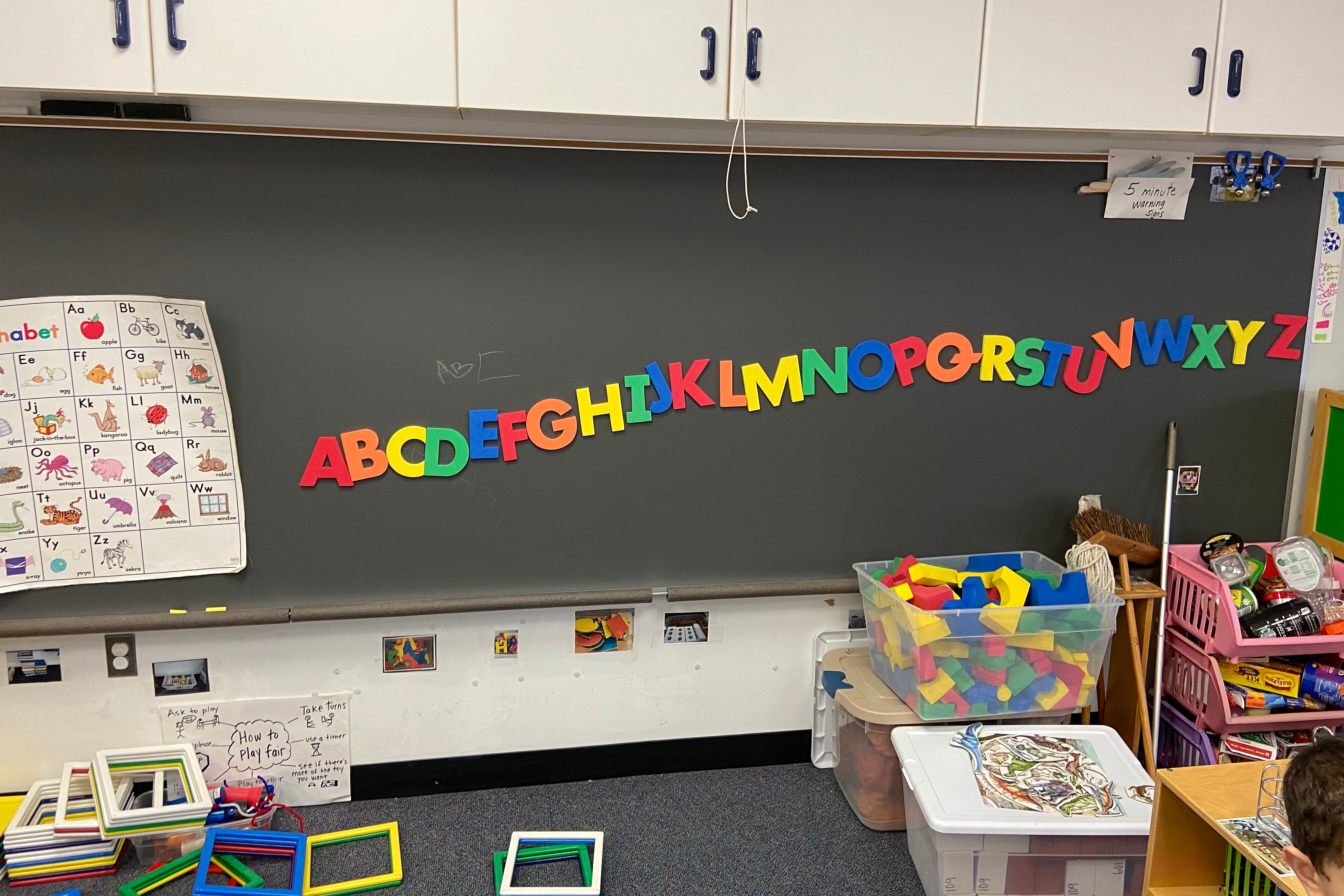Michigan school districts will soon receive $350 million in federal funds to cover costs related to COVID-19. But they worry it won’t be nearly enough to make up for anticipated cuts to the state budget, and that a large slice of the money could end up going to private school students.
“Federal funding is desperately needed to avoid devastating cuts to local school district programming,” said Gary Start, interim superintendent of the Kalamazoo School District.
Cuts seem inevitable, although Gov. Gretchen Whitmer has said that protecting schools will be her “top priority” in the next round of budget negotiations. The hole in the state schools budget is $1.2 billion this year, and is projected to be the same size next year as state revenues crater due to the coronavirus.
Kalamazoo will get $4 million from the coronavirus relief bill, more than almost any other district. But that’s a tiny fraction of the district’s $153 million budget at a time when, according to the direst predictions, schools face cuts of up to 25% next year.
And U.S. Education Secretary Betsy DeVos is seeking to increase the portion of the money that goes to private schools, a move that would further reduce the amount that districts receive. Although officials in some states have rejected DeVos’ guidance, Michigan officials said they will wait to see whether her guidance becomes law.
The Detroit Public Schools Community District, the state’s largest, will receive the most federal money — $85 million. Superintendent Nikolai Vitti said the funds would help plug the anticipated budget hole and cover coronavirus-related expenses such as face masks, hand sanitizer, and thermometers to check students for COVID-19 symptoms when they return to school.
“Without these funds we would likely need to reduce positions and/or salaries,” Vitti said in a statement. “We also would not have the funds to pay for safety measures for a return to face-to-face instruction.”
The money comes from the CARES Act, a coronavirus relief bill that included $13.5 billion for schools. Michigan received $390 million. Most will go directly to districts, with the remaining $40 million distributed in grants by the state department of education. The details of the grant program haven’t been decided yet, said Bill Disessa, a department spokesman.
Educators have made clear that more federal help is needed to help schools weather the pandemic. The state’s largest teachers unions and other education groups will hold a virtual rally tomorrow on Facebook Live to demand more coronavirus relief from federal officials.
The federal government can go into debt in a pinch, something many states, including Michigan, can’t do because their constitutions require them to maintain balanced budgets.
But while some have called for more education relief spending, a new House bill that contains $58 billion for schools stands little chance of passing the Republican-controlled Senate.
“Absent immediate federal and state action we cannot open our doors safely in the fall to students while meeting their needs,” said John Helmholdt, a spokesman for the Grand Rapids Public Schools, which is set to receive about $8 million from the first round of funding, or 4% of its annual budget.
“We also know if schools aren’t open, many parents will have difficulties returning to work. That’s why it’s imperative we properly fund schools so we can reopen safely.”
As schools nationwide — public and private — brace for the financial impact of the pandemic, federal officials have pushed to support private schools. Under the rules for distributing COVID-19 relief funds to schools, districts are already required to set aside some money to provide services to private schools.
About $2 million of the $8 million going to Grand Rapids will be reserved for private school students, Helmholdt said.
That arrangement is similar to the long-standing program known as Title I that sends extra funds to schools with more low-income students. The federal coronavirus relief package uses the Title I formula to distribute funds to schools.
Sam Kennedy, executive director of Association of Independent Michigan Schools, pointed out that the money doesn’t go directly to private schools, which would violate Michigan’s constitution. Instead, districts provide services such as physical therapy, art, or music to students at private schools.
However, U.S. Education Secretary Betsy DeVos has sought changes to the program that would send more money to private schools. That’s drawn outrage from some education leaders, including officials in Indiana, who are refusing to follow DeVos’ guidance on distributing funds to private schools.
“We are already in dire straits here because of the coronavirus,” said Tiffany Tilley, a Democratic member of the Michigan Board of Education. “There is no way that we should be taking dollars from public schools to go to private schools.”
But if DeVos makes her plan law, something she has vowed to do, school district officials — who would be tasked with distributing the extra funds to private schools — said they’ll have no choice but to send additional money to private schools at the expense of public school districts.
“We will await guidance from the federal government and we will follow the law on the distribution of funds,” Vitti said.






